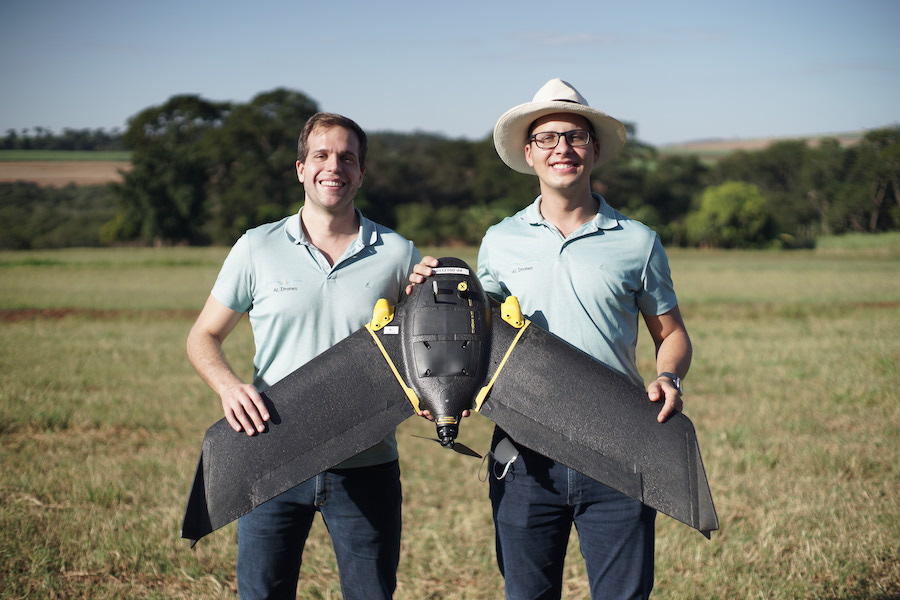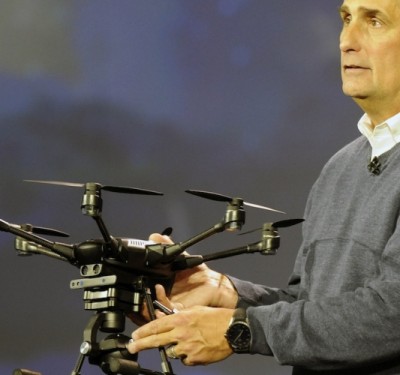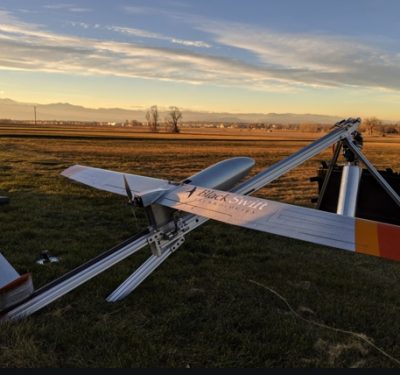
senseFly recently received approval from Brazil’s National Civil Aviation Agency (ANAC) to fly its eBee X fixed-wing drone for BVLOS missions in Brazil.
The company announced the approval in collaboration with drone engineering and consulting specialists AL Drones and geotechnology company Santiago & Cintra, according to a news release.
The drone received approval by demonstrating the safety requirements of the ANAC RBAC-E 94 Regulation for Unmanned Aircraft, through detailed engineering analyses and in-depth flight testing. senseFly eBee X operators in Brazil now only need a CAER (Special Airworthiness Certificate for RPA) waiver for the aircraft with Santiago & Cintra before flying BVLOS operations.
“The commercial drone industry in Brazil has been growing at a phenomenal rate—and we’re excited that the senseFly eBee X is at the forefront of these regulatory developments,” said Pierre-Alain Marchand, regulatory compliance manager for senseFly, according to the release. “BVLOS is becoming an important tool for operators as they start to explore the potential of more advanced drone operations, and we’re pleased that our technology continues to help define frameworks and legislation in the country.”
The authorization comes following approval of senseFly’s proprietary drone technology in 2017, where the use of drones for civil applications in Brazil were legislated as part of the RBAC-E94 regulation. senseFly drones became the first and only in the country permitted to fly 400 ft (120 m) in height with a 5 km radius from a licensed pilot or observer, according to the company.
“The authorization of senseFly’s eBee X for BVLOS operations is another step toward commercialization of the sector,” said André Arruda, co-founder of AL DRONES, according to the release. “After years of collective hard work and effort from all parties, this certification presents a real opportunity for operators in the future to expand their mapping operations and achieve a robust return-on-investment. We look forward to seeing what this means for BVLOS operations in Brazil in the coming years.”






